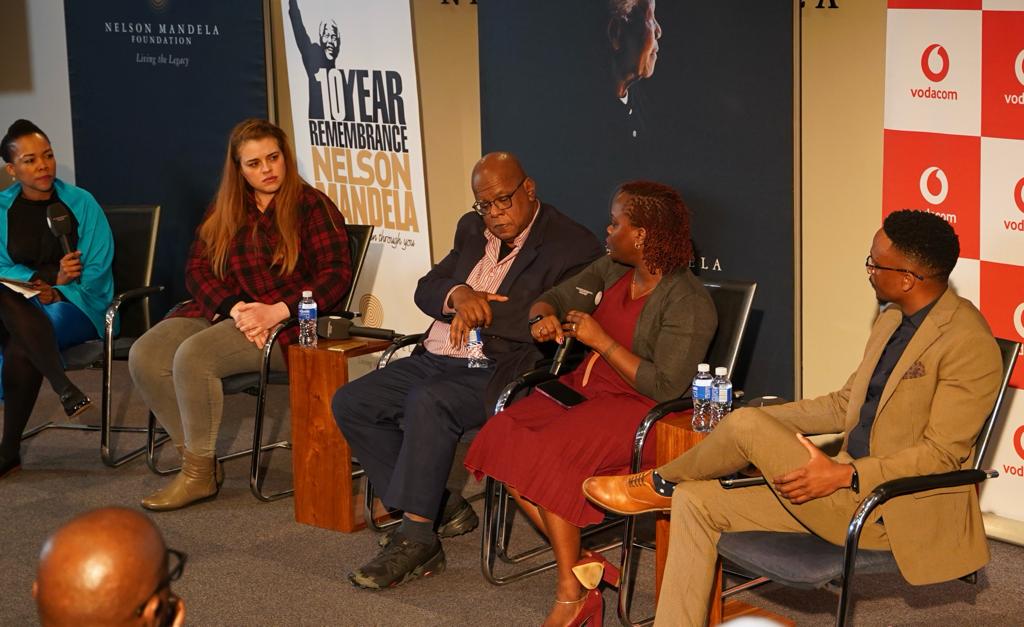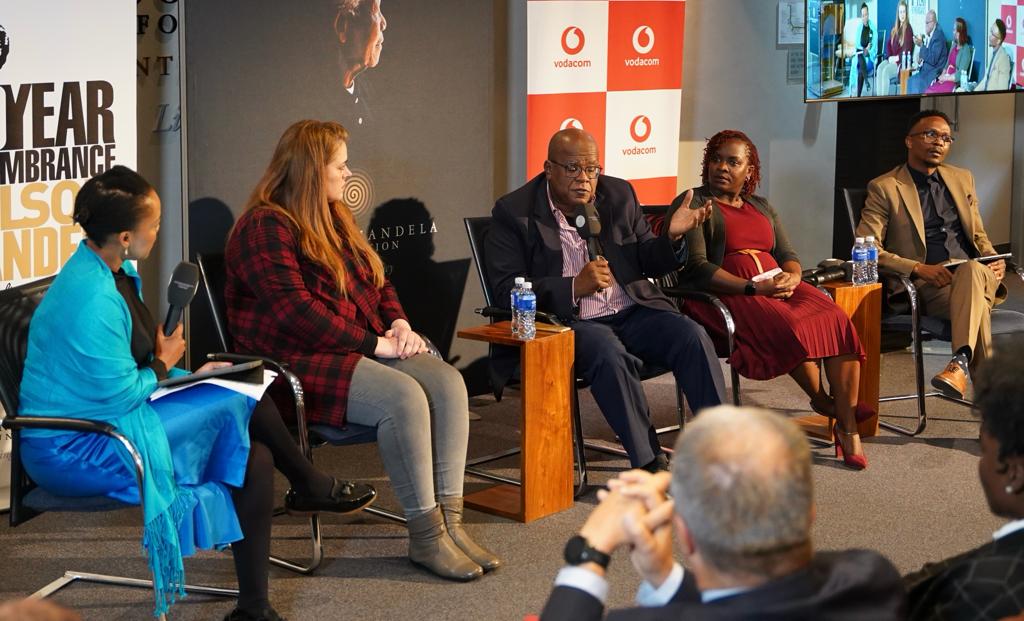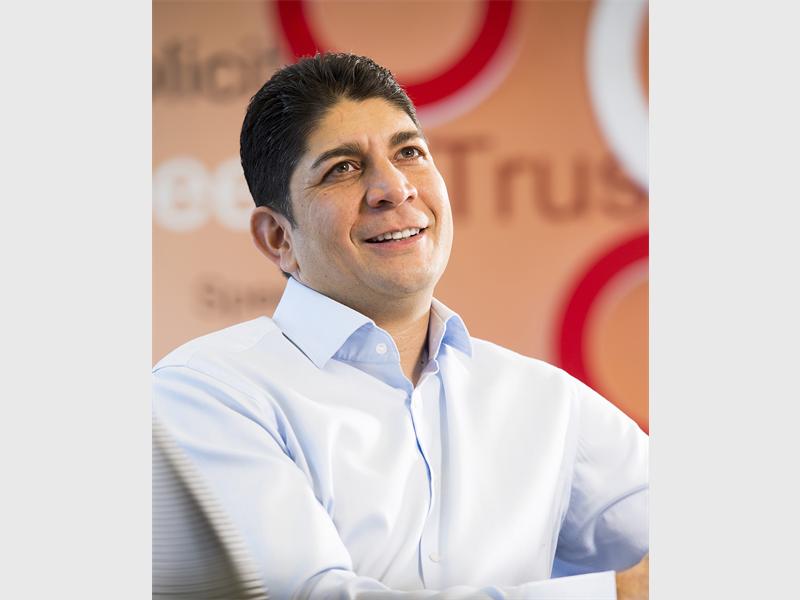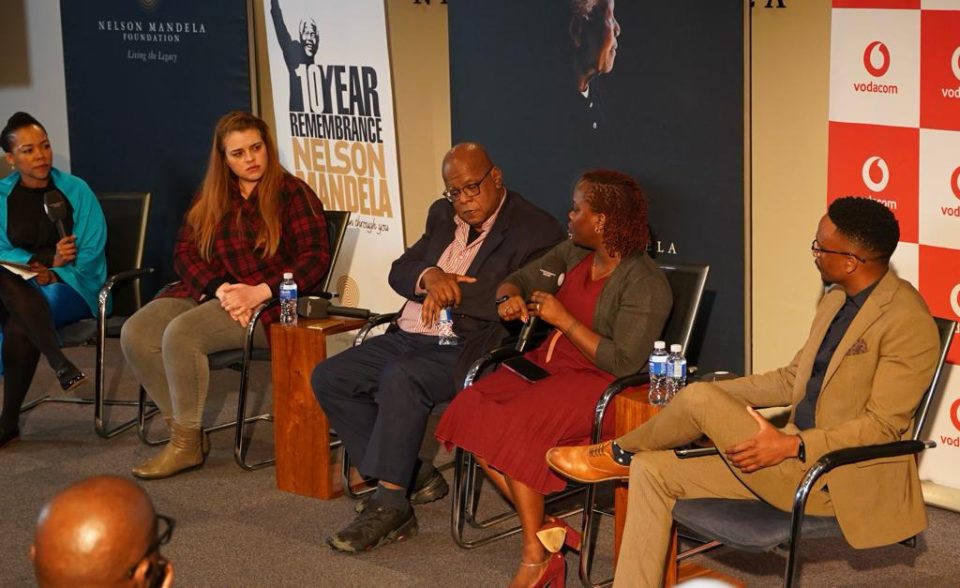
Digital technologies and connectivity hold the key to unlocking the true potential of Africa’s young people. By opening up new opportunities for African youth to learn and for teachers to connect with students in the most remote and rural communities, these resources play an integral role in improving African education systems. But only if the right support mechanisms and policies are in place.
This is one of the key points highlighted in new research by Vodacom Group, Vodafone and Safaricom, launched in partnership with the Nelson Mandela Foundation. The research paper, entitled “How digital technologies can transform education in sub-Saharan Africa” unpacks the current state of education across the continent. It showcases how digital technologies and connectivity, combined with the necessary regulatory frameworks and support from governments as well as industry stakeholders, can be leveraged to mitigate barriers to education across the continent.
The research report outlines that there has been a sharp increase in access to education across Africa in the last 50 – 60 years but, unfortunately, an increase in access doesn’t necessarily translate into a rise in the quality of education being delivered. When coupled with affordable and reliable connectivity, digital tools and technologies offer a cost-effective and scalable solution to this problem by making it possible for young people to connect with highly-skilled educators who can help them translate educational content into valuable knowledge.

“We have witnessed this first-hand via our ecosystem of education projects and initiatives, which seek to provide access to quality educational assets, support remote learning and seek to enhance the overall educational experience for teachers and learners in some of Africa’s most under-resourced communities,” says Shameel Joosub, CEO of Vodacom Group.
“Our Vodacom e-School programme in South Africa is a prime example of this”, he adds. The initiative promotes digital education by providing free access to quality education for Primary and High School students (Grade R to 12). This includes access to digital learning materials (like interactive textbooks, multimedia content and assessments), other educational resources and support services. The platform is available on mobile and desktop devices, free of charge, for all Vodacom customers.
“Access to quality education is critical to combatting intergenerational cycles of poverty and inequality. Nelson Mandela always stressed how important education is, not only for self-actualisation and individual transformation, but also in shifting the trajectory of society towards equity, justice and a shared dignity,” says Professor Verne Harris, Acting CEO for the Nelson Mandela Foundation.

While there is no doubt that these digital innovations have the potential to totally transform African education, there are a number of barriers to digital access that prevent African youth from making the most of them. For Professor Jonathan Jansen, an internationally renowned education expert and one of the authors of the research paper, these stumbling blocks include everything from lack of reliable electricity, limited technical support and lackluster Internet access to language barriers, political instability and restrictive social norms. But with the right policies, infrastructure and investments in place, digitalisation can provide new opportunities for Africa’s young people to enjoy a more equitable, sustainable and connected future, he says.
“Each of these hurdles can be overcome through the right partnerships, interventions and ecosystems. Importantly, addressing these obstacles demands political buy-in and support from governments to ensure that the mechanisms put in place are appropriate in that they meet African learners and educators where they are,” continues Professor Jansen.
In action, this means developing and implementing regulations that support digital education, building strategic partnerships and investing in digital infrastructure. In addition to this, African governments have to be enablers of small-scale digital education projects and must make a concerted effort to transform teacher training to meet the demands of digital learning.
There is no doubt that the challenge that lies ahead is an arduous one, confirms Joosub. “It is critical that we take the time to understand Africa’s economic, social and political environment so that we can bring together the right stakeholders – from those at the top in government the students in classrooms in the most remote corners of our continent – to come up with solutions. In doing so, we can unite to fix the problems we face as a collective so that we can ensure that our young people are equipped with everything they need to add value to their communities and can properly participate in the digital economy.”
INFO SUPPLIED.


